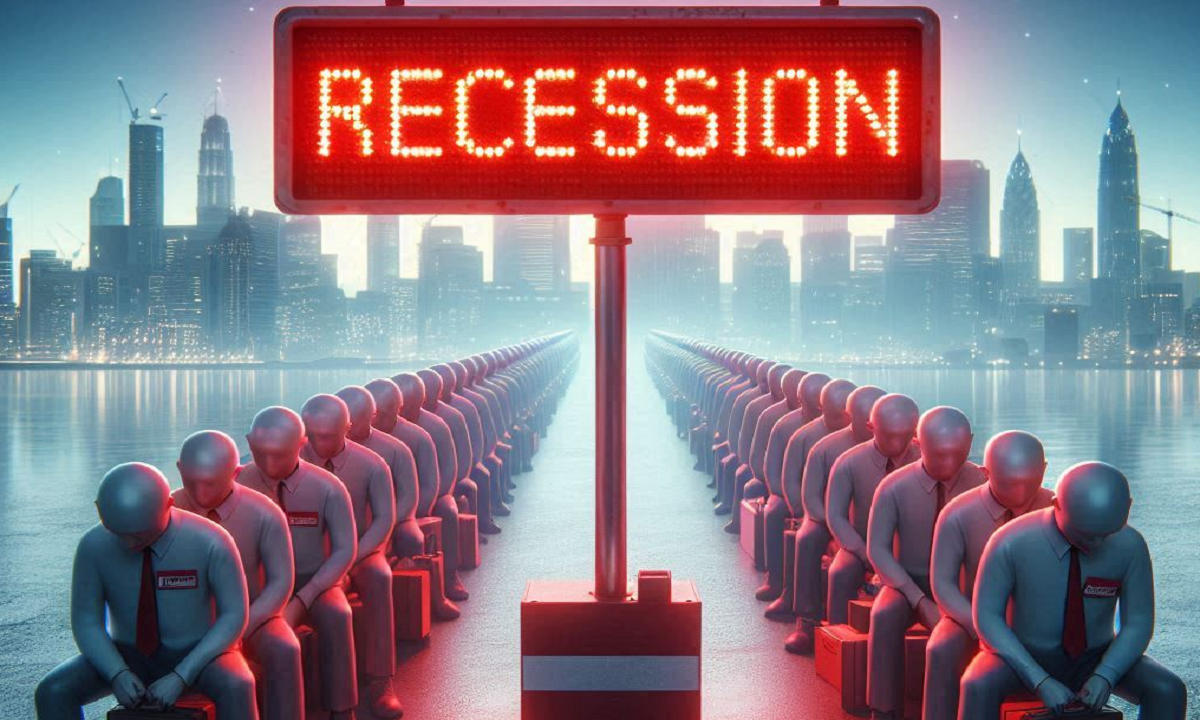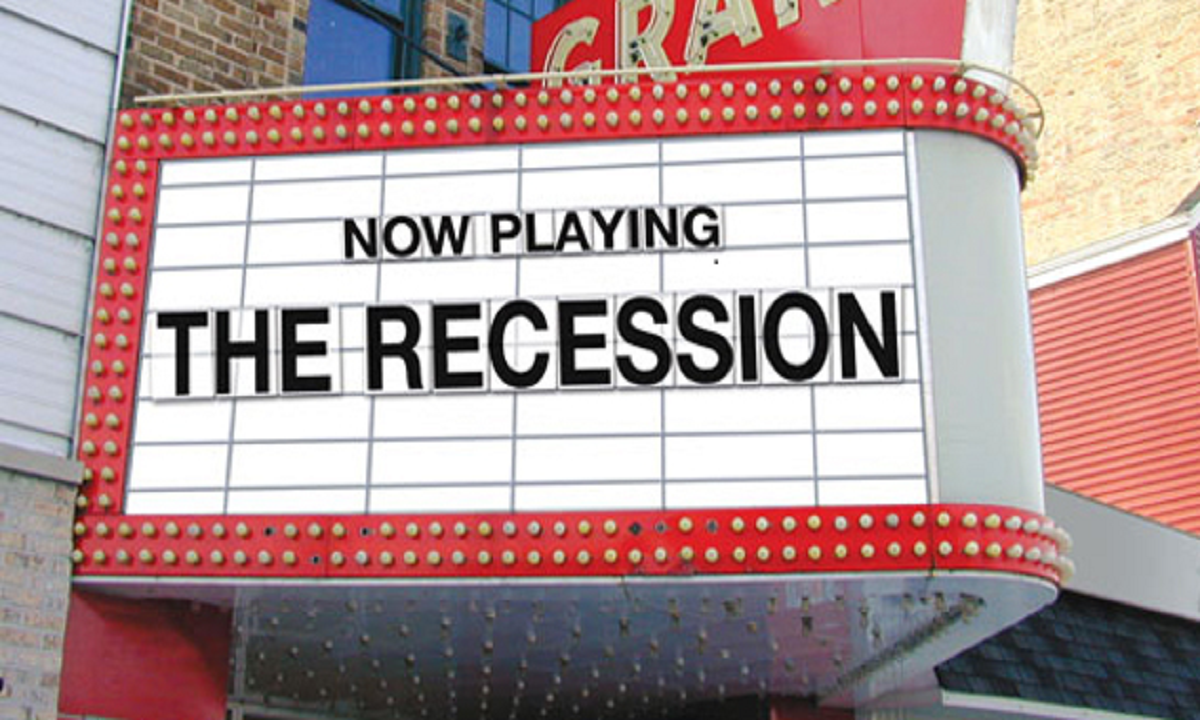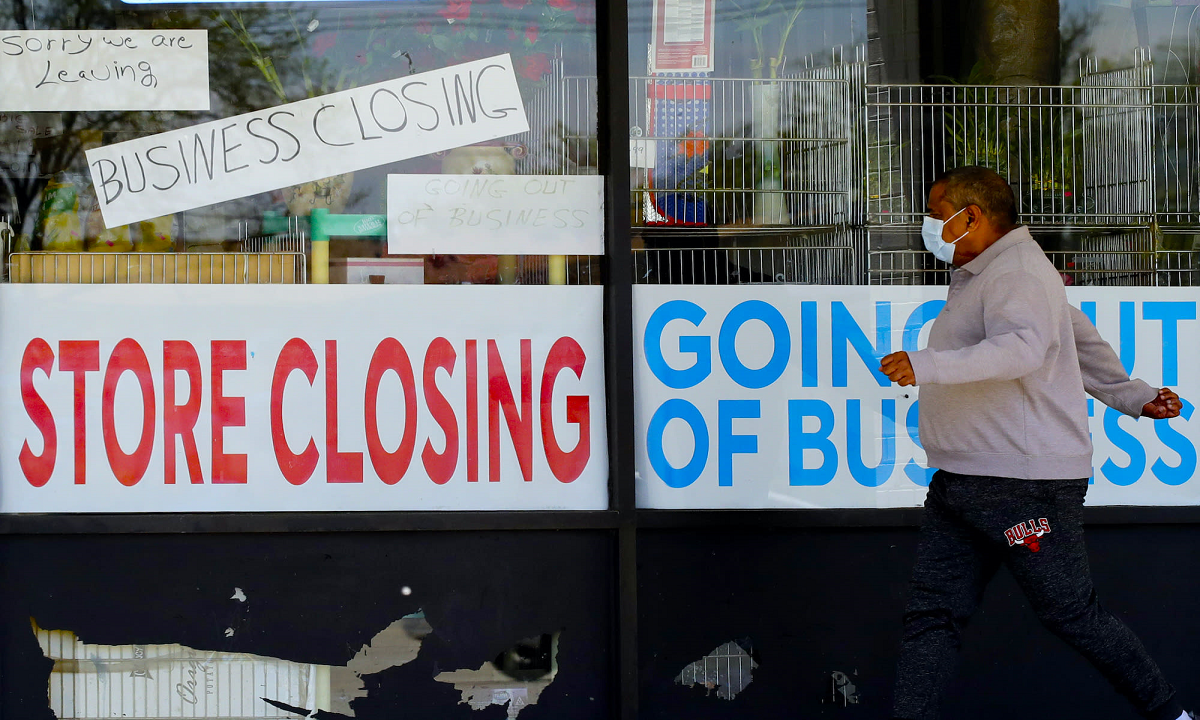











New Zealand's economy is grappling with a deeper-than-expected recession, as recent data reveals a significant contraction in GDP. In the third quarter of 2024, GDP declined by 1.0%, a stark contrast to the anticipated 0.2% contraction. This follows a revised drop of 1.1% in the second quarter, indicating a troubling trend for the nation's economic health [505ad0b9]. The New Zealand dollar has also suffered, falling to 56.23 cents amid these economic challenges [505ad0b9].
The Reserve Bank of New Zealand (RBNZ) has been proactive in its response, cutting the Official Cash Rate to 4.25% in November 2024, following earlier reductions aimed at stimulating economic activity [505ad0b9]. However, high interest rates have contributed to downturns in both the manufacturing and services sectors, exacerbating the economic situation [505ad0b9]. Unemployment rates are on the rise, and house prices continue to decline, reflecting the broader economic malaise [505ad0b9].
In light of these developments, retail spending has remained low, with a 0.1% decline recorded in the third quarter of 2024, following a more significant drop of 1.2% in the previous quarter [4040f13c]. Economists had predicted a decline of only 0.5%, suggesting that the economic outlook is more dire than initially thought [4040f13c]. The RBNZ's earlier interest rate cuts have not provided the expected boost to consumer spending, and modest income tax cuts implemented in July have failed to stimulate retail activity as hoped [4040f13c].
Investment strategist Zoe Wallis from Forsyth Barr has previously highlighted the need for structural improvements in productivity through education, infrastructure, and research and development to combat these economic challenges [9b127f06]. The ongoing decline in retail spending, coupled with a net migration loss of 55,800 Kiwis in the year leading up to July 2024, raises concerns about the sustainability of economic growth [dbbdc3e0].
As New Zealand navigates these turbulent waters, the broader economic context includes rising unemployment, which has reached 4.6%, particularly impacting Māori youth [670490d4]. Independent economist Tony Alexander warns that businesses are facing high costs with low price increases, with only 7% planning to raise prices while 41% expect costs to rise [25e68223]. The RBNZ's current key interest rate remains high, but with the economy showing signs of recession, further cuts may be necessary [4040f13c]. The next GDP data release is scheduled for December 19, 2024, which will provide further insight into the country's economic trajectory [4040f13c].
The government's recent budget aimed at addressing these economic challenges has included modest tax relief and lower spending, but it has faced criticism for neglecting the needs of the Indigenous Māori population [eab14cfb]. As New Zealand continues to grapple with these issues, the interplay between retail spending, GDP performance, and migration trends will be crucial for policymakers in the coming months [b789c48b][670490d4][81879b6e][5bbc81de][659549a5]. While there are signs of modest recovery in spending and real estate activity, experts caution against expecting a boom, suggesting that a slow and lackluster recovery is more likely [25e68223]. Economic recovery is not expected until 2025, as the country works to stabilize its financial situation [505ad0b9].
In related economic news, the Westpac-DataX Consumer Panel recently published insights for Q4 2024, analyzing over one million Australian consumers. The findings indicate that Australian consumers are saving 75% of their income boost from Stage 3 tax cuts, with a marginal propensity to consume at 0.25 [589ec55d]. This consumer behavior could have implications for New Zealand's economy, especially as public sector support for GDP is expected to moderate [589ec55d]. Additionally, New Zealand's Q4 Consumer Price Index (CPI) showed favorable results, contrasting with the challenges faced in retail spending and overall economic activity [589ec55d]. The upcoming inflation update is anticipated to provide further context for economic conditions in both New Zealand and Australia [589ec55d].